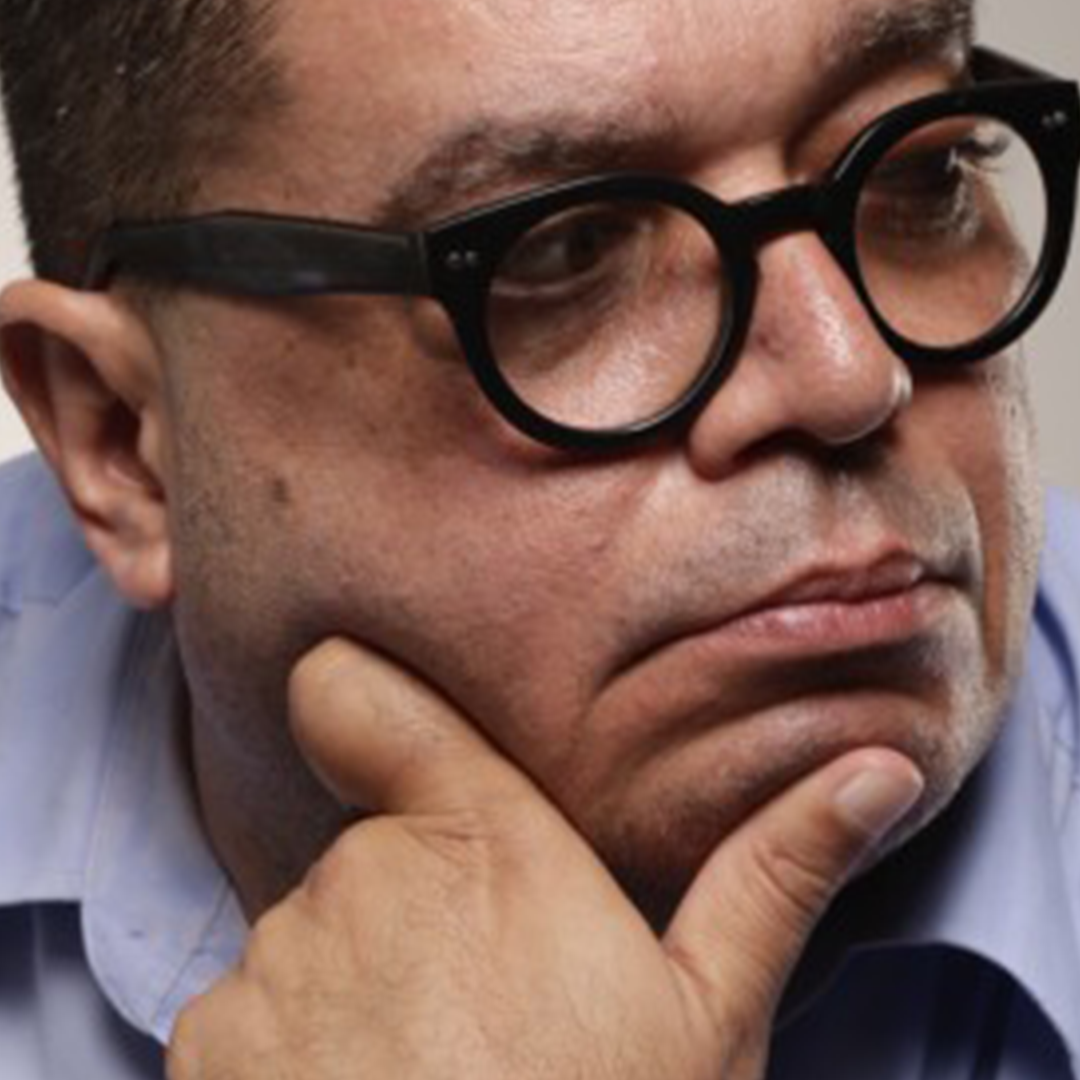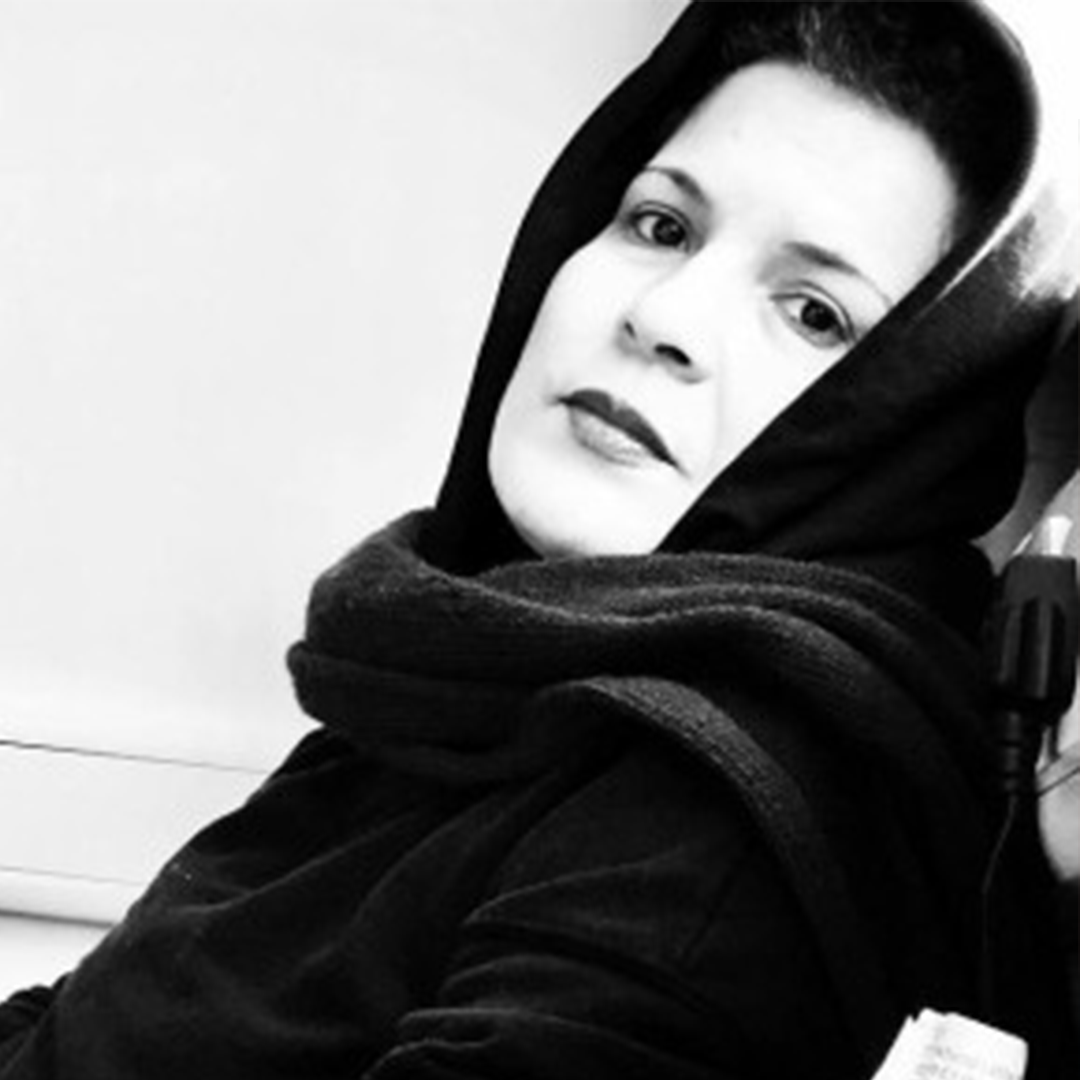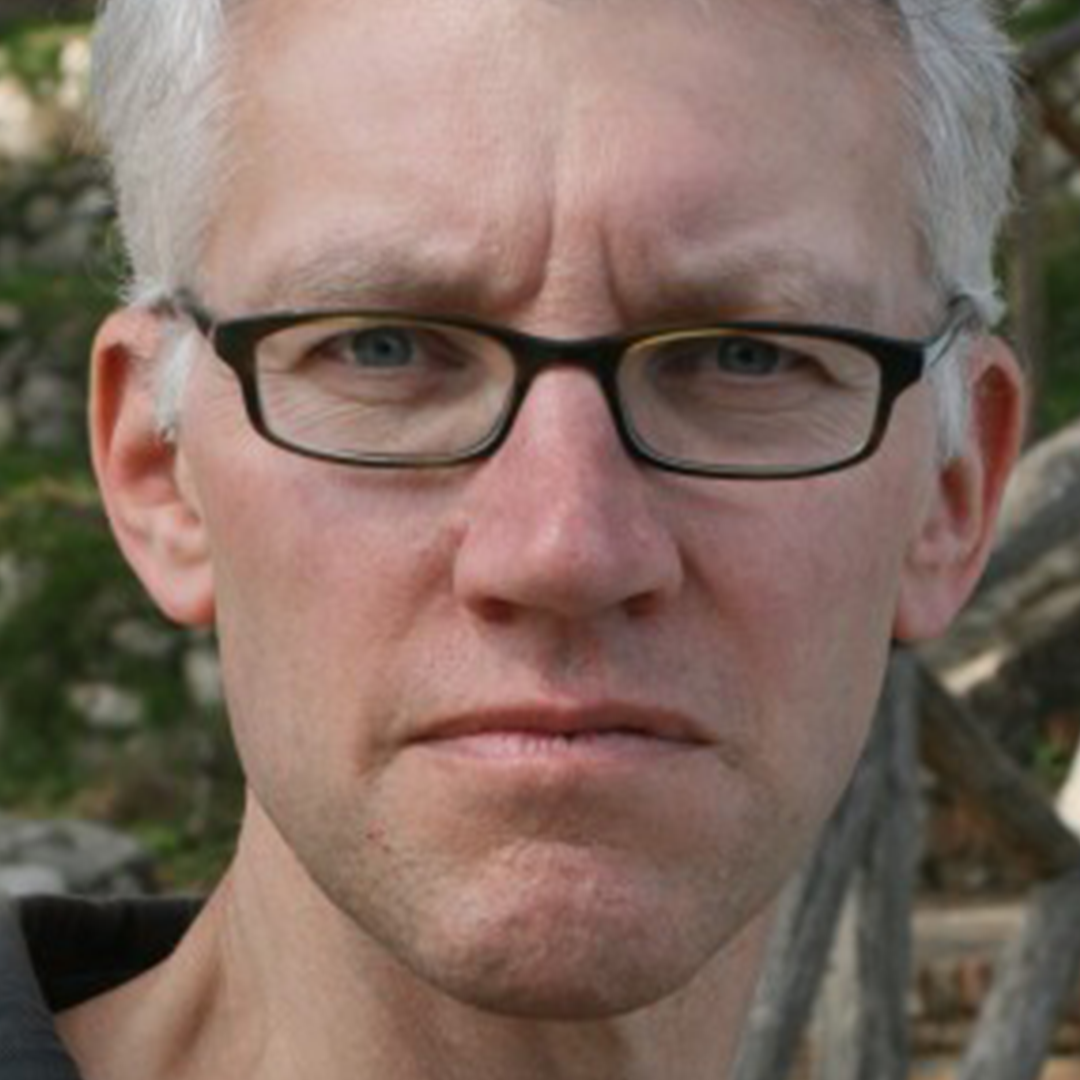17 Jun 2020 | Magazine, Magazine Contents, Volume 49.02 Summer 2020
[vc_row][vc_column][vc_custom_heading text=”With contributions from Katherine Parkinson, David Hare, Marina Lalovic, Geoff White and Timandra Harkness”][/vc_column][/vc_row][vc_row][vc_column][vc_column_text]
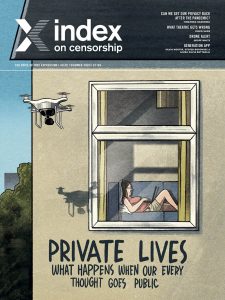 The Summer 2020 issue of Index on Censorship magazine looks at just how much of our privacy we are giving away right now. Covid-19 has occurred at a time when tech giants and autocrats have already been chipping away at our freedoms. Just how much privacy is left and how much will we now lose? This is a question people in Turkey are really concerned about, as many feel the home was the last refuge for them for privacy, but now contact tracing apps might rid them of that. It’s a similar case for those in China, and the journalist Tianyu M Fang speaks about his own, haphazard experience of using a contact tracing app there. We also have an article from Uganda on the government spies that are everywhere, plus tech experts talking about just how much power apps like Zoom and tech like drones have.
The Summer 2020 issue of Index on Censorship magazine looks at just how much of our privacy we are giving away right now. Covid-19 has occurred at a time when tech giants and autocrats have already been chipping away at our freedoms. Just how much privacy is left and how much will we now lose? This is a question people in Turkey are really concerned about, as many feel the home was the last refuge for them for privacy, but now contact tracing apps might rid them of that. It’s a similar case for those in China, and the journalist Tianyu M Fang speaks about his own, haphazard experience of using a contact tracing app there. We also have an article from Uganda on the government spies that are everywhere, plus tech experts talking about just how much power apps like Zoom and tech like drones have.
In our In Focus section, we interview journalists in Serbia, Hungary and Kashmir who are trying to report the truth in places where the truth can be as dangerous, if not more, than Covid-19. And we have an interview with and poet from the playwright David Hare.
We have a very special culture section in this issue. Three playwrights have written short plays for the magazine around the theme of pandemics. V (formerly Eve Ensler), the author of The Vagina Monologues, takes you to the aftermath of a nuclear disaster; Katherine Parkinson of The IT Crowd writes about online dating during quarantine; Lebanese playwright Lucien Bourjeily is inspired by recent events in his country in his chilling look at protest right now.
[/vc_column_text][/vc_column][/vc_row][vc_row][vc_column][vc_custom_heading text=”Special Report”][vc_column_text]
Back-up plan by Timandra Harkness: Don’t blindly give away more freedoms than you sign up for in the name of tackling the epidemic. They’re hard to reclaim
The eyes of the storm by Issa Sikiti da Silva: Spies are on the streets of Uganda making sure everyone abides by Covid-19 rules. They’re spying on political opposition too. A dispatch from Kampala
Zooming in on privacy concerns by Adam Aiken: Video app Zoom is surging in popularity. In our rush to stay connected, we need to make security checks and not reveal more than we think
Seeing what’s around the corner by Richard Wingfield: Facial recognition technology may be used to create immunity “passports” and other ways of tracking our health status. Are we watching?
Don’t just drone on by Geoff White: If drones are being used to spy on people breaking quarantine rules, what else could they be used for? We investigate
Sending a red signal by Tianyu M Fang: When a contact tracing app went wrong a journalist was forced to stay in their home in China
The not so secret garden by Tom Hodgkinson: Better think twice before bathing naked in the backyard. It’s not just your neighbours that might be watching you. Where next for privacy?
Hackers paradise by Stephen Woodman: Hackers across Latin America are taking advantage of the current crisis to access people’s personal data. If not protected it could spell disaster
Italy’s bad internet connection by Alessio Perrone: Italians have one of the lowest levels of digital skills in Europe and are struggling to understand implications of the new pandemic world
Less than social media by Stefano Pozzebon: El Salvador’s new leader takes a leaf out of the Trump playbook to use Twitter to crush freedoms
Nowhere left to hide by Kaya Genç: Privacy has been eroded in Turkey for many years now. People fear that tackling Covid-19 might take away their last private free space
Open book? by Somak Ghoshal: In India, where people are forced to download a tracking app to get paid, journalists are worried about it also being used to access their contacts
[/vc_column_text][/vc_column][/vc_row][vc_row][vc_column][vc_custom_heading text=”In Focus”][vc_column_text]
Knife-edge politics by Marina Lalovic: An interview with Serbian journalist Ana Lalic, who forced the Serbian government to do a U-Turn
Stage right (and wrong) by Jemimah Steinfeld: The playwright David Hare talks to Index about a very 21st century form of censorship on the stage. Plus a poem of Hare’s published for the first time
Inside story: Hungary’s media silence by Viktória Serdült: What’s it like working as a journalist under the new rules introduced by Hungary’s Viktor Orbán? How hard is it to report?
Life under lockdown: A Kashmiri Journalist by Bilal Hussain: A Kashmiri journalist speaks about the difficulties – personal and professional – of living in the state with an internet shutdown during lockdown
The truth will out by John Lloyd: Journalists need to challenge themselves and fight for media freedoms that are being eroded by autocrats and tech companies
Extremists use virus to curb opposition by Laura Silvia Battaglia: Covid-19 is being used by religious militia as a recruitment tool in Yemen and Iraq. Speaking out as a secular voice is even more challenging
[/vc_column_text][/vc_column][/vc_row][vc_row][vc_column][vc_custom_heading text=”Culture”][vc_column_text]
Masking the truth by V: The writer of The Vagina Monologues (formerly known as Eve Ensler) speaks to Index about attacks on the truth. Plus a new version of her play about living in a nuclear wasteland
Time out by Katherine Parkinson: The star of The IT Crowd discusses online dating and introduces her new play, written for Index, that looks at love and deception online
Life in action by Lucien Bourjeily: The Lebanese director talks to Index about how police brutality has increased in his country and how that informed the story of his new play, published here for the first time
[/vc_column_text][/vc_column][/vc_row][vc_row][vc_column][vc_custom_heading text=”Index around the world”][vc_column_text]
Putting abuse on the map by Orna Herr: The coronavirus crisis has seen a huge rise in media attacks. Index has launched a map to track these
[/vc_column_text][/vc_column][/vc_row][vc_row][vc_column][vc_custom_heading text=”Endnote”][vc_column_text]
Forced out of the closet by Jemimah Steinfeld: As people live out more of their lives online right now, our report highlights how LGBTQ dating apps can put people’s lives at risk
[/vc_column_text][/vc_column][/vc_row][vc_row][vc_column width=”1/3″][vc_custom_heading text=”Subscribe”][vc_column_text]In print, online, in your mailbox, on your iPad.
Subscription options from £18 or just £1.49 in the App Store for a digital issue.
Every subscriber helps support Index on Censorship’s projects around the world.
 SUBSCRIBE NOW[/vc_column_text][/vc_column][vc_column width=”1/3″][vc_custom_heading text=”Read”][vc_column_text]The playwright Arthur Miller wrote an essay for Index in 1978 entitled The Sin of Power. We reproduce it for the first time on our website and theatre director Nicholas Hytner responds to it in the magazine
SUBSCRIBE NOW[/vc_column_text][/vc_column][vc_column width=”1/3″][vc_custom_heading text=”Read”][vc_column_text]The playwright Arthur Miller wrote an essay for Index in 1978 entitled The Sin of Power. We reproduce it for the first time on our website and theatre director Nicholas Hytner responds to it in the magazine
READ HERE[/vc_column_text][/vc_column][vc_column width=”1/3″][vc_custom_heading text=”Listen”][vc_column_text]In the Index on Censorship autumn 2019 podcast, we focus on how travel restrictions at borders are limiting the flow of free thought and ideas. Lewis Jennings and Sally Gimson talk to trans woman and activist Peppermint; San Diego photojournalist Ariana Drehsler and Index’s South Korean correspondent Steven Borowiec
LISTEN HERE[/vc_column_text][/vc_column][/vc_row]
8 Apr 2020 | Covid 19 and freedom of expression, News and features
[vc_row][vc_column][vc_single_image image=”113057″ img_size=”full” add_caption=”yes”][vc_column_text]Donald Trump tells a US reporter that her questioning is “horrid”, Jair Bolsonaro dismisses Covid-19 as a media conspiracy and the Spanish prime minister is petitioned by over 400 journalists to answer more questions. These incidents from leaders of the USA, Brazil and Spain are part of an emerging trend we are tracking on the Index on Censorship global map monitoring media freedom violations during the coronavirus pandemic. The map has been put together by our staff, our contributors and readers as well as our partners at the Justice for Journalists Foundation.
Several leaders around the globe are finessing the art of question evasion during this critical time, as highlighted by the map. In fact, some leaders have gone as far as supporting this kind of behaviour with legislation. Brazil’s President Jair Bolsonaro has issued a provisional measure which means that the government no longer has to answer freedom of information requests within the usual deadline. Marcelo Träsel of the Brazilian Association of Investigative Journalism has called the measure “dangerous” as it gives scope for discretion in responding to requests.
The measure comes after weeks of Bolsonaro being questioned about his own health following a visit to the USA in which more than 20 people in his entourage tested positive for coronavirus after. When pressed on whether he too has it, he has made claims that he has had two negative tests, but refuses to show the results of either. To this day Brazilians don’t know whether he has the virus or not. Bolsonaro has also repeatedly dismissed coronavirus as “just a little flu”, “a bit of a cold” and as a media trick.
US President Trump has his own distraction technique when it comes to journalist questions – defensiveness and lashing out. Just this week, when asked about testing failures by Fox News reporter Kristen Fisher he responded: “You should say ‘congratulations, great job,’ instead of being so horrid in the way you ask a question.”
He’d employed similar words a few weeks earlier when NBC News journalist Peter Alexander asked: “What do you say to Americans, who are watching you right now, who are scared?”
“I say that you’re a terrible reporter. That’s what I say. I think it’s a very nasty question and I think it’s a very bad signal that you’re putting out to the American people,” he replied.
Another way of dodging the question is simply to deny coronavirus’ existence. Turkmenistan is excelling here. Reports have swirled around the internet that the word “coronavirus” is forbidden in Turkmenistan. Upon investigating, Index have not found sufficient evidence of this. What we have found evidence of though are credible reports that the virus is indeed in the country and has taken lives. A well-known writer from Turkmenistan has told Index that while the word coronavirus is not forbidden (and indeed is occasionally used by President Gurbanguly Berdymukhamedov himself on television), “the Turkmen government completely denies that coronavirus is present in the country”.
“At the same time, according to alternative information from the inside, in Turkmenistan, dozens of people die from the coronavirus daily since mid-March. However, everyone who dies of coronavirus gets another devised diagnosis, e.g. influenza, high blood pressure, food poisoning and so on,” he said.
This trend is deeply troubling. Knowing as much about a deadly, incredibly contagious virus that is spreading in your country is essential information. Journalists have every right to ask questions about it and should be receiving honest, accurate information in return. When these leaders withhold and barriers are put up, the situation is exacerbated and more people’s lives are put at risk.
Of course when it comes to some of the leaders and governments, their reluctance to engage with the media is nothing new. Bolsonaro has appeared on Facebook raging against journalists several times in the year he has been in power, while Trump has famously kicked media out of the room. But coronavirus has given a new lease of life to these tactics – with consequences that will become more devastating as the days pass.
Fortunately, there has been pushback. In Spain, politicians’ refusal to engage with media has led to an open letter being signed by over 400 Spanish journalists. They asked the government to revise the new policy which demands questions to be sent to the press secretary, who can chose to ask them, or not, thereby impacting journalists’ ability to hold power to account. And MEPs in Europe have said they will keep an eye on legislation that is being passed in EU member states in the name of coronavirus to ensure that it is proportionate, justified and doesn’t hamper human rights.
We hope these measures are effective at curtailing this trend. There is no good time to shut out and attack the media, not least during a global pandemic. In the meantime, we’ll continue to map.
If you know of any incidents of attacks against the media as a result of coronavirus, please report them to our map here.[/vc_column_text][/vc_column][/vc_row][vc_row][vc_column][/vc_column][/vc_row]
30 Mar 2020 | Magazine, Magazine Contents, Volume 49.01 Spring 2020
[vc_row][vc_column][vc_custom_heading text=”With contributions from Ak Welsapar, Julian Baggini, Alison Flood, Jean-Paul Marthoz and Victoria Pavlova”][/vc_column][/vc_row][vc_row][vc_column][vc_column_text]
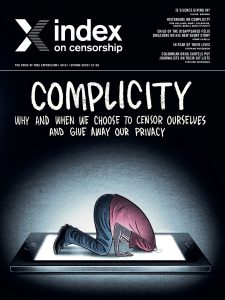 The Spring 2020 issue of Index on Censorship magazine looks at our own role in free speech violations. In this issue we talk to Swedish people who are willingly having microchips inserted under their skin. Noelle Mateer writes about living in China as her neighbours, and her landlord, embraced video surveillance cameras. The historian Tom Holland highlights the best examples from the past of people willing to self-censor. Jemimah Steinfeld discusses holding back from difficult conversations at the dinner table, alongside interviewing Helen Lewis on one of the most heated conversations of today. And Steven Borowiec asks why a North Korean is protesting against the current South Korean government. Plus Mark Frary tests the popular apps to see how much data you are knowingly – or unknowingly – giving away.
The Spring 2020 issue of Index on Censorship magazine looks at our own role in free speech violations. In this issue we talk to Swedish people who are willingly having microchips inserted under their skin. Noelle Mateer writes about living in China as her neighbours, and her landlord, embraced video surveillance cameras. The historian Tom Holland highlights the best examples from the past of people willing to self-censor. Jemimah Steinfeld discusses holding back from difficult conversations at the dinner table, alongside interviewing Helen Lewis on one of the most heated conversations of today. And Steven Borowiec asks why a North Korean is protesting against the current South Korean government. Plus Mark Frary tests the popular apps to see how much data you are knowingly – or unknowingly – giving away.
In our In Focus section, we sit down with different generations of people from Turkey and China and discuss with them what they can and cannot talk about today compared to the past. We also look at how as world demand for cocaine grows, journalists in Colombia are increasingly under threat. Finally, is internet browsing biased against LBGTQ stories? A special Index investigation.
Our culture section contains an exclusive short story from Libyan writer Najwa Bin Shatwan about an author changing her story to people please, as well as stories from Argentina and Bangladesh.
[/vc_column_text][/vc_column][/vc_row][vc_row][vc_column][vc_custom_heading text=”Special Report”][/vc_column][/vc_row][vc_row][vc_column][vc_column_text]Willingly watched by Noelle Mateer: Chinese people are installing their own video cameras as they believe losing privacy is a price they are willing to pay for enhanced safety
The big deal by Jean-Paul Marthoz: French journalists past and present have felt pressure to conform to the view of the tribe in their reporting
Don’t let them call the tune by Jeffrey Wasserstrom: A professor debates the moral questions about speaking at events sponsored by an organisation with links to the Chinese government
Chipping away at our privacy by Nathalie Rothschild: Swedes are having microchips inserted under their skin. What does that mean for their privacy?
There’s nothing wrong with being scared by Kirsten Han: As a journalist from Singapore grows up, her views on those who have self-censored change
How to ruin a good dinner party by Jemimah Steinfeld: We’re told not to discuss sex, politics and religion at the dinner table, but what happens to our free speech when we give in to that rule?
Sshh… No speaking out by Alison Flood: Historians Tom Holland, Mary Fulbrook, Serhii Plokhy and Daniel Beer discuss the people from the past who were guilty of complicity
Making foes out of friends by Steven Borowiec: North Korea’s grave human rights record is off the negotiation table in talks with South Korea. Why?
Nothing in life is free by Mark Frary: An investigation into how much information and privacy we are giving away on our phones
Not my turf by Jemimah Steinfeld: Helen Lewis argues that vitriol around the trans debate means only extreme voices are being heard
Stripsearch by Martin Rowson: You’ve just signed away your freedom to dream in private
Driven towards the exit by Victoria Pavlova: As Bulgarian media is bought up by those with ties to the government, journalists are being forced out of the industry
Shadowing the golden age of Soviet censorship by Ak Welsapar: The Turkmen author discusses those who got in bed with the old regime, and what’s happening now
Silent majority by Stefano Pozzebon: A culture of fear has taken over Venezuela, where people are facing prison for being critical
Academically challenged by Kaya Genç: A Turkish academic who worried about publicly criticising the government hit a tipping point once her name was faked on a petition
Unhealthy market by Charlotte Middlehurst: As coronavirus affects China’s economy, will a weaker market mean international companies have more power to stand up for freedom of expression?
When silence is not enough by Julian Baggini: The philosopher ponders the dilemma of when you have to speak out and when it is OK not to[/vc_column_text][/vc_column][/vc_row][vc_row][vc_column][vc_custom_heading text=”In Focus”][vc_column_text]Generations apart by Kaya Genç and Karoline Kan: We sat down with Turkish and Chinese families to hear whether things really are that different between the generations when it comes to free speech
Crossing the line by Stephen Woodman: Cartels trading in cocaine are taking violent action to stop journalists reporting on them
A slap in the face by Alessio Perrone: Meet the Italian journalist who has had to fight over 126 lawsuits all aimed at silencing her
Con (census) by Jessica Ní Mhainín: Turns out national censuses are controversial, especially in the countries where information is most tightly controlled
The documentary Bolsonaro doesn’t want made by Rachael Jolley: Brazil’s president has pulled the plug on funding for the TV series Transversais. Why? We speak to the director and publish extracts from its pitch
Queer erasure by Andy Lee Roth and April Anderson: Internet browsing can be biased against LGBTQ people, new exclusive research shows[/vc_column_text][/vc_column][/vc_row][vc_row][vc_column][vc_custom_heading text=”Culture”][vc_column_text]Up in smoke by Félix Bruzzone: A semi-autobiographical story from the son of two of Argentina’s disappeared
Between the gavel and the anvil by Najwa Bin Shatwan: A new short story about a Libyan author who starts changing her story to please neighbours
We could all disappear by Neamat Imam: The Bangladesh novelist on why his next book is about a famous writer who disappeared in the 1970s[/vc_column_text][/vc_column][/vc_row][vc_row][vc_column][vc_custom_heading text=”Index around the world”][vc_column_text]Demand points of view by Orna Herr: A new Index initiative has allowed people to debate about all of the issues we’re otherwise avoiding[/vc_column_text][/vc_column][/vc_row][vc_row][vc_column][vc_custom_heading text=”Endnote”][vc_column_text]Ticking the boxes by Jemimah Steinfeld: Voter turnout has never felt more important and has led to many new organisations setting out to encourage this. But they face many obstacles[/vc_column_text][/vc_column][/vc_row][vc_row][vc_column width=”1/3″][vc_custom_heading text=”Subscribe”][vc_column_text]In print, online, in your mailbox, on your iPad.
Subscription options from £18 or just £1.49 in the App Store for a digital issue.
Every subscriber helps support Index on Censorship’s projects around the world.
 SUBSCRIBE NOW[/vc_column_text][/vc_column][vc_column width=”1/3″][vc_custom_heading text=”Read”][vc_column_text]The playwright Arthur Miller wrote an essay for Index in 1978 entitled The Sin of Power. We reproduce it for the first time on our website and theatre director Nicholas Hytner responds to it in the magazine
SUBSCRIBE NOW[/vc_column_text][/vc_column][vc_column width=”1/3″][vc_custom_heading text=”Read”][vc_column_text]The playwright Arthur Miller wrote an essay for Index in 1978 entitled The Sin of Power. We reproduce it for the first time on our website and theatre director Nicholas Hytner responds to it in the magazine
READ HERE[/vc_column_text][/vc_column][vc_column width=”1/3″][vc_custom_heading text=”Listen”][vc_column_text]In the Index on Censorship autumn 2019 podcast, we focus on how travel restrictions at borders are limiting the flow of free thought and ideas. Lewis Jennings and Sally Gimson talk to trans woman and activist Peppermint; San Diego photojournalist Ariana Drehsler and Index’s South Korean correspondent Steven Borowiec
LISTEN HERE[/vc_column_text][/vc_column][/vc_row]
24 Mar 2020 | Magazine, Magazine Editions, Volume 49.01 Spring 2020
Director
Émerson Maranhão is a Brazilian director and filmmaker, who has directed the short film Aqueles Dois, about two transgender men, amongst others
Writer
An award-winning Libyan academic and writer, Najwa Bin Shatwan has written three novels, a collection of short stories, plays and contributions to anthologies
Historian
Tom Holland is a writer and historian, who has published a range of bestselling books. He specialises in classical and medieval history
 The Summer 2020 issue of Index on Censorship magazine looks at just how much of our privacy we are giving away right now. Covid-19 has occurred at a time when tech giants and autocrats have already been chipping away at our freedoms. Just how much privacy is left and how much will we now lose? This is a question people in Turkey are really concerned about, as many feel the home was the last refuge for them for privacy, but now contact tracing apps might rid them of that. It’s a similar case for those in China, and the journalist Tianyu M Fang speaks about his own, haphazard experience of using a contact tracing app there. We also have an article from Uganda on the government spies that are everywhere, plus tech experts talking about just how much power apps like Zoom and tech like drones have.
The Summer 2020 issue of Index on Censorship magazine looks at just how much of our privacy we are giving away right now. Covid-19 has occurred at a time when tech giants and autocrats have already been chipping away at our freedoms. Just how much privacy is left and how much will we now lose? This is a question people in Turkey are really concerned about, as many feel the home was the last refuge for them for privacy, but now contact tracing apps might rid them of that. It’s a similar case for those in China, and the journalist Tianyu M Fang speaks about his own, haphazard experience of using a contact tracing app there. We also have an article from Uganda on the government spies that are everywhere, plus tech experts talking about just how much power apps like Zoom and tech like drones have.![]() SUBSCRIBE NOW[/vc_column_text][/vc_column][vc_column width=”1/3″][vc_custom_heading text=”Read”][vc_column_text]The playwright Arthur Miller wrote an essay for Index in 1978 entitled The Sin of Power. We reproduce it for the first time on our website and theatre director Nicholas Hytner responds to it in the magazine
SUBSCRIBE NOW[/vc_column_text][/vc_column][vc_column width=”1/3″][vc_custom_heading text=”Read”][vc_column_text]The playwright Arthur Miller wrote an essay for Index in 1978 entitled The Sin of Power. We reproduce it for the first time on our website and theatre director Nicholas Hytner responds to it in the magazine
 The Spring 2020 issue of Index on Censorship magazine looks at our own role in free speech violations. In this issue we talk to Swedish people who are willingly having microchips inserted under their skin. Noelle Mateer writes about living in China as her neighbours, and her landlord, embraced video surveillance cameras. The historian Tom Holland highlights the best examples from the past of people willing to self-censor. Jemimah Steinfeld discusses holding back from difficult conversations at the dinner table, alongside interviewing Helen Lewis on one of the most heated conversations of today. And Steven Borowiec asks why a North Korean is protesting against the current South Korean government. Plus Mark Frary tests the popular apps to see how much data you are knowingly – or unknowingly – giving away.
The Spring 2020 issue of Index on Censorship magazine looks at our own role in free speech violations. In this issue we talk to Swedish people who are willingly having microchips inserted under their skin. Noelle Mateer writes about living in China as her neighbours, and her landlord, embraced video surveillance cameras. The historian Tom Holland highlights the best examples from the past of people willing to self-censor. Jemimah Steinfeld discusses holding back from difficult conversations at the dinner table, alongside interviewing Helen Lewis on one of the most heated conversations of today. And Steven Borowiec asks why a North Korean is protesting against the current South Korean government. Plus Mark Frary tests the popular apps to see how much data you are knowingly – or unknowingly – giving away.